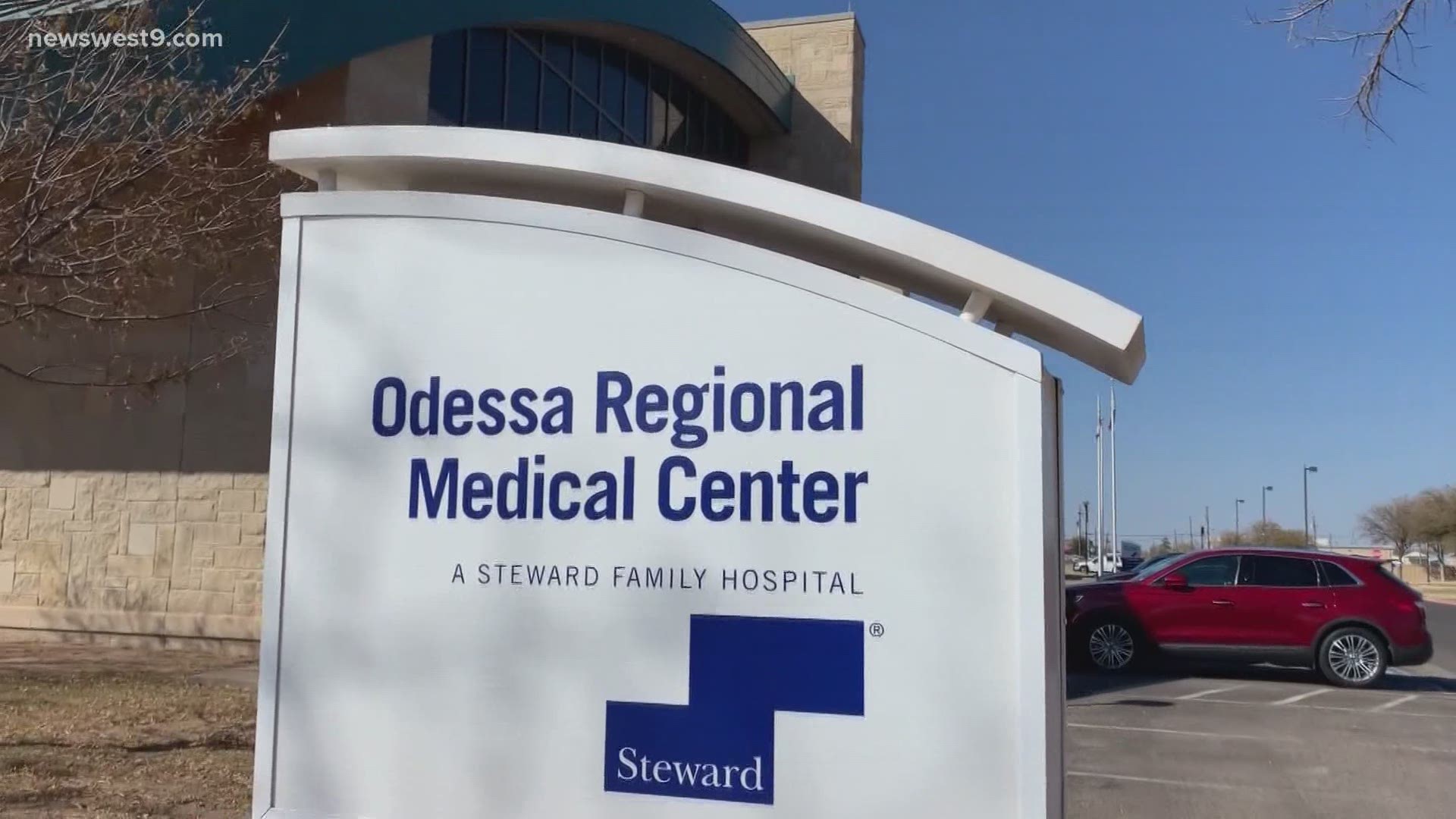ODESSA, Texas — The city of Odessa holds a weekly press conference with Medical Center, ORMC, and the health department to provide updates on the ongoing fight against COVID-19.
It was during the January 5 press conference that the Ector County Health Department got word that they had received 200 COVID-19 vaccines. It might not seem like much, but health officials assure everyone that every dose helps.
With the 200 vaccines, the health department will be offering those first to frontline workers who have not received the vaccine yet and then move to individuals who fall under phase 1B if vaccines still remain.
Those who want to get the vaccine from the health department will have to call the health department to set up an appointment.
"We already have a list and we’re just gonna follow the list. Now I know that 200 is not much and we’re gonna be very, very careful not to raise expectations and have long lines and then we can’t serve it," Dr. Babatunde Jinadu of the Ector County Health Department said.
Medical Center has used up all the doses of the vaccine that they were given back in December, and they hope to have several thousand more to administer in the very near future.
"We’re going to actually request several thousand probably upwards of 20-30 in order to make a larger impact on the community, and as we work through a mass rollout plan for the community, we'll be looking at how many doses that we might need to be consistent as well," Christin Timmons, MCH chief nursing officer, said.
Over at ORMC, a new shipment of vaccines is already scheduled to arrive sometime next week. However, it will only be about 400 doses worth of the vaccine.
"For ORMC, we did receive more allocations. I think we’re gonna get 400 next week, and that’s in addition to the 1,200 that we received so far," Dr. Rohith Saravanan, ORMC chief medical officer, said.
However, even with more vaccines on the way, it will still be a while until the general public is able to receive the new vaccine.
"If you think about it, 65+ and anybody with one of those chronic medical conditions make up a very large percent of the population so we will need a lot more doses to actually get those people covered before we can actually move onto the next phase," Dr. Saravanan said.

